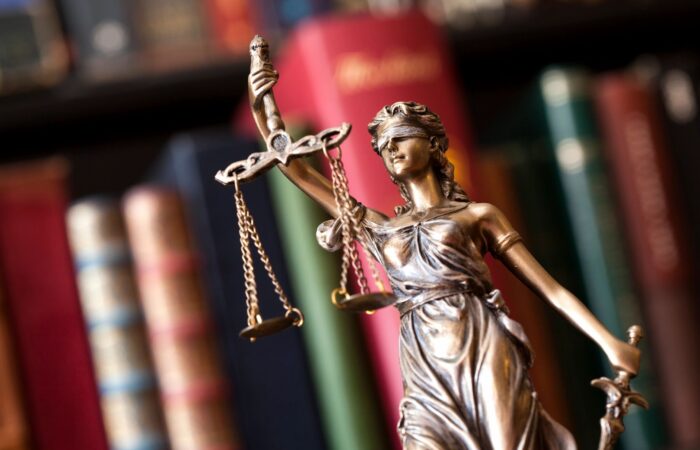In the realm of criminal law, the relationship between defense attorneys and prosecutors can often resemble a complex dance. While they may be adversaries in court, both sides share the same ultimate goal: the pursuit of justice. Navigating this intricate dynamic requires defense lawyers to strike a careful balance between maintaining professionalism and being cautious about their clients’ cases.
Fostering a civil and collaborative relationship with prosecutors can lead to more effective negotiations and potentially favorable outcomes for clients. An attorney who can engage respectfully with opposing counsel may uncover opportunities for plea deals, reduced charges, or alternative sentencing that could significantly benefit their client. However, clients often express discomfort when they see their defense attorney being cordial with the prosecutor. It’s crucial for clients to understand that such civility is not a sign of weakness but a necessary aspect of the legal process. This professionalism reflects the historical norms of our field, which dates back to ancient civilizations—one of the earliest recorded attorneys was in ancient Rome around 200 B.C. The legal profession has long been characterized by an atmosphere of respect and decorum, where treating one another with courtesy is seen as a hallmark of an elite profession.
Defense attorneys must remain vigilant, ensuring they do not disclose too much information that could disadvantage their case. The challenge lies in finding that delicate equilibrium between transparency and safeguarding sensitive details. A defense attorney who understands the importance of building rapport with prosecutors is invaluable in this regard. In the chaotic world of criminal trial litigation, where emotions often run high and stakes are even higher, the ability to navigate relationships can make all the difference.
Ultimately, while prosecutors may be viewed as adversaries, they can also be allies in the pursuit of justice. A strong professional rapport can facilitate more productive discussions and enhance the chances of reaching agreements that serve the best interests of the client. Clients must recognize that civility is essential not only for their case because in the complex world of criminal trial litigation, getting along with others can pave the way for better outcomes for everyone involved.








